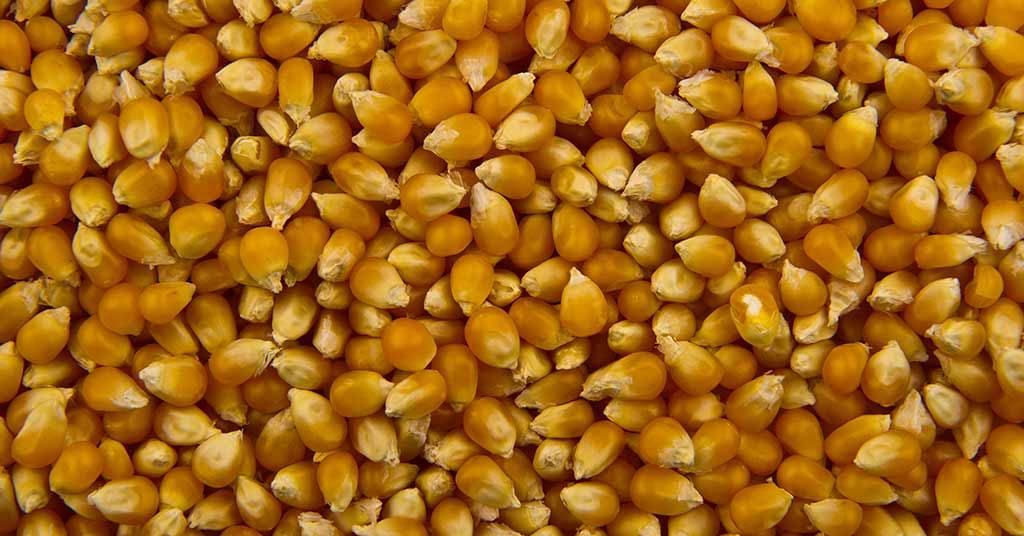Welcome To ChemAnalyst

In the anticipated landscape of corn imports in Europe and North Africa for 2024, traders are expecting a consistent flow of Ukrainian exports. However, persistent logistical challenges and Russian attacks on critical infrastructure are likely to hinder any substantial increase in supply.
The breakdown of the Black Sea Grain Initiative in July 2023 prompted Ukraine to explore new export routes. Utilizing Reni and Izmail on the Danube, as well as transit routes through the EU, and establishing a marine corridor through the Black Sea in August, Ukraine has managed to ship out over 5 million metric tons of farm produce. This diversification has proven essential for the nation's agricultural sector, which faced considerable financial pressures earlier in the year due to escalating fuel and fertilizer costs compounded by export challenges.
With the advent of the new marine corridor, Ukrainian farmers are now directing more grain to deep-sea ports, leveraging cost-effective and efficient logistics compared to deliveries along the Danube. Despite this positive shift, the country's corn shipments are expected to encounter ongoing delays in 2024 due to logistical bottlenecks, congested port terminals, and recurrent attacks by Russia on Danube berths.
Moreover, new regulations on agricultural exports in Ukraine, requiring compulsory registration for food export firms until December 31, 2024, are likely to introduce further delays and costs.
The European Union has been grappling with heightened demand for imported corn, primarily due to heatwaves and droughts affecting domestic production. In the marketing year 2024-25, Ukraine and Brazil are anticipated to remain major corn suppliers for the EU-27.
However, political tensions have arisen over Ukraine's duty-free access to the EU market, leading to temporary bans on grain imports by several Central and Eastern European countries. The strained relations with neighboring EU states could adversely impact Ukrainian exports if the transit of grains through their territories is restricted.
In terms of trading dynamics, the war risks associated with operating vessels out of Ukraine's ports have made FOB (Free On Board) purchases less favorable for buyers. Conversely, CIF (Cost, Insurance, Freight) trades remain lucrative, with Spanish buyers bidding around $226 per metric ton CIF for Ukrainian corn in January, and Egyptian buyers offering $233 per metric ton CIF.
However, it's noted that buyers may consider FOB purchases only if heavily discounted, raising questions about sellers' willingness to agree to such terms.
Meanwhile, Romania and Bulgaria are witnessing increased premiums for their corn exports, as FOB CVB corn was evaluated at $221 per metric ton on December 15, indicating a 26% decrease year-on-year.
We use cookies to deliver the best possible experience on our website. To learn more, visit our Privacy Policy. By continuing to use this site or by closing this box, you consent to our use of cookies. More info.
